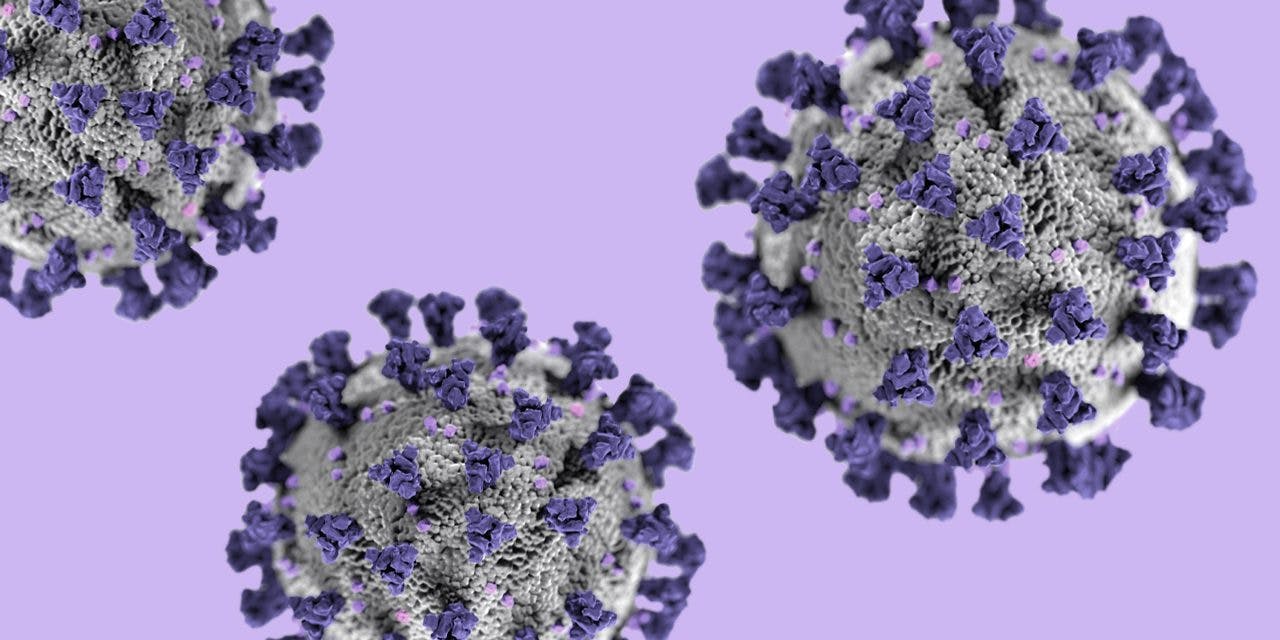Can Medical Cannabis Help Treat Melanoma?

Article written by

Shanti RyleContent Writer
Content reviewed by

Dr. Lewis JasseyMedical Director - Pediatric Medicine
Some promising evidence and anecdotal stories suggest that cannabis may be effective for melanoma — an aggressive form of skin cancer. This early research is encouraging as cases of melanoma are on the rise and responsible for nearly 5.5% of all cancers in the United States.
It is important to note that cannabis is unlikely to cure melanoma, but it may be an effective treatment alongside more traditional treatment methods. If you have melanoma and are considering using cannabis for your condition, contact your healthcare provider or consult a cannabis doctor.
Get Your Medical Card
Connect with a licensed physician online in minutes.
What Is Melanoma?
Melanoma is an aggressive form of skin cancer. New moles or unusual changes in existing moles are one of melanoma’s most common signs. For example, bleeding moles or moles turning blue, purple, pink, or darkish red are signs to watch out for.
Melanoma is usually treatable when caught early, but the cancerous cells become more dangerous after penetrating the first few layers of skin. When observed and diagnosed as cancerous, melanoma should be removed as soon as possible.
Medical Marijuana and Melanoma: Recent Research
Recent studies have uncovered consistent beneficial outcomes when using cannabinoids to treat melanoma. Numerous components of the cannabis plant, including the well-known cannabinoids THC and CBD, have shown positive results in reducing tumor size and stopping the development of other cancerous cells.
Antitumor Effects
Cannabinoids seem promising in treating melanoma thanks to their interaction with the body’s endocannabinoid system, specifically the cannabinoid receptors in the skin. When these receptors are activated, it helps reduce the rapid reproduction of cancerous cells, prevents them from spreading to other parts of the body (i.e., metastasis), and speeds up their death.
In one animal study, cannabis showed promise as a melanoma treatment option for CB1/CB2-deficient mice. And in a recent systematic review of multiple studies on cannabinoids and melanoma, researchers found that combining THC and CBD promoted antitumor effects such as autophagy (i.e., cell destruction) and apoptosis (i.e., cell death) of cancerous cells.
Improved Quality of Life
Cannabinoid use may improve the overall quality of life for individuals with melanoma or those undergoing melanoma treatment such as chemotherapy.
One study found that CBD-treated mice showed improved motor function and mood compared to cisplatin, an effective cancer therapy. These benefits could translate to heightened quality of life in humans with melanoma undergoing more harmful treatment.
CBD’s Potential to Reduce Melanoma Cells
Other studies suggest that CBD may mitigate the spread and reduce the occurrence of melanoma. A review of CBD-focused research suggests that topically-applied CBD oil showed positive results in slowing melanoma cells’ metastasis (cancerous cells spreading to other areas of the body).
The review cites another 2014 study, which discovered melanoma cells have more CB2 receptors than normal skin cells and offers a potential mechanism for CBD to reduce the melanoma’s invasive behavior. However, available research only includes animal studies. So, human studies are needed to confirm these findings.
Topical Cannabis vs. Inhaled Cannabis
Regarding melanoma, topical or inhaled medical cannabis depends entirely on your medical needs. Inhaling cannabis via smoke or vaporization produces fast-acting effects in about 5-15 minutes and lasts up to two to three hours. If more immediate symptom relief is needed, inhaling may be preferable.
However, smoking or vaping cannabis risks inhaling carcinogens from the combusted plant matter. If you’re undergoing chemotherapy or other cancer treatments that weaken your immune system, it may be advisable to avoid smoking. Similarly, if you’d prefer not to experience the psychoactive effects that traditionally accompany inhaling cannabis, topical cannabis may be a better option.
Topical cannabis may also be more suitable if you want to use cannabis as a melanoma treatment alongside (not replacing) more traditional treatment methods. When the product is applied directly to the melanoma moles, cannabinoids are immediately delivered to where they need to be. One recent case report found positive results when rubbing cannabis-infused creams on skin cancer sites, though far more data is needed than one anecdotal study.
Rick Simpson Oil and Skin Cancer
One promising story regarding topical cannabis and skin cancer is the case of Rick Simpson, known for creating Rick Simpson Oil (RSO). Canadian scientist and marijuana advocate Rick Simpson made cannabis oil to help self-treat an aggressive form of skin cancer — basal cell carcinoma.
He researched the impact of THC on cancer cells and got to work creating a highly-potent cannabis extract. After rubbing the oil on his skin for just four days, the cancerous cells reportedly disappeared.
While many hundreds of patients have claimed Rick Simpson Oil helped reduce and treat their cancer, be aware that each story is anecdotal and should not be considered medical advice. Despite the increase in Youtube videos citing its effectiveness, you should discuss the specifics of your treatment with your physician.
Potential Benefits and Risks of Using Cannabis If You Have Melanoma
As with any medical treatment, there are both potential benefits and risks. It’s important to consider the positives and negatives of medical cannabis for melanoma to have a more holistic understanding of the treatment in general.
Potential Benefits
- Evidence shows that cannabis has many antitumor effects to prevent unhealthy melanoma cell proliferation.
- Research suggests that combined THC and CBD can kill cancer cells, promoting healthy cell death and restoring normal skin cells.
- Cannabis can help mitigate nausea, depression, and “wasting away” side effects of other cancer treatments such as radiation or chemotherapy.
- The anti-inflammatory benefits of medical marijuana may reduce inflammation and its ability to trigger the development of cancer cells.
- Terpenes in marijuana, such as beta-caryophyllene, humulene, and pinene, have shown anti-tumoral properties, which could work in conjunction with THC and CBD’s antitumor properties as part of the “entourage effect.”
Potential Risks
- While research has not found a solid link between smoking marijuana and lung cancer, inhaling smoke of any kind can be damaging to your health. Therefore, topical cannabis products may be better as a melanoma treatment.
- The presence of potential mold, bacteria, or microbes in uncertified marijuana products can put those with compromised immune systems (as a result of cancer treatment) at risk. It’s important to consume clean, lab-tested cannabis only.
- It’s vital to choose cannabis chemovars with cannabinoid and terpene ratios best suited to addressing melanoma.
- Those undergoing immunotherapy for their melanoma should avoid medical cannabis treatment, as cannabis may reduce the efficacy of the treatment.
The Bottom Line
Studies have shown that medical marijuana is both a potentially helpful treatment and a way to manage symptoms for those with cancers like melanoma. Individuals use cannabis to manage cancer pain, inflammation, chemotherapy-induced nausea, lack of appetite, and the negative impact on sleep that comes with traditional treatment methods.
Many anecdotal reports state that using cannabis improves their overall outlook on life during treatment, putting them in a better state of mind. Ultimately, it’s worth speaking to your doctor about medicinal cannabis to see if it’s an appropriate treatment for you.
Get Your Medical Card
Connect with a licensed physician online in minutes.



